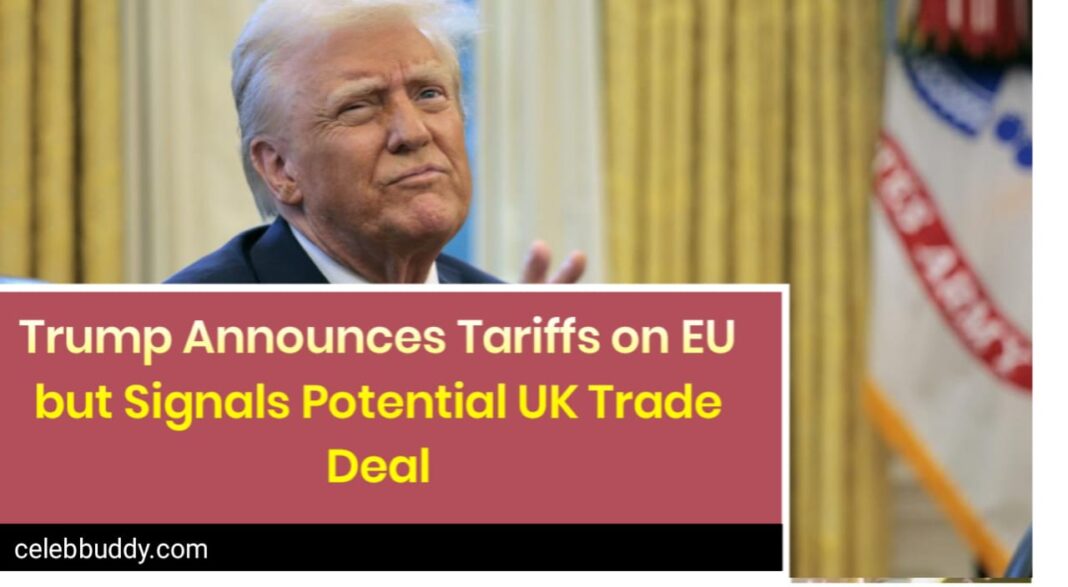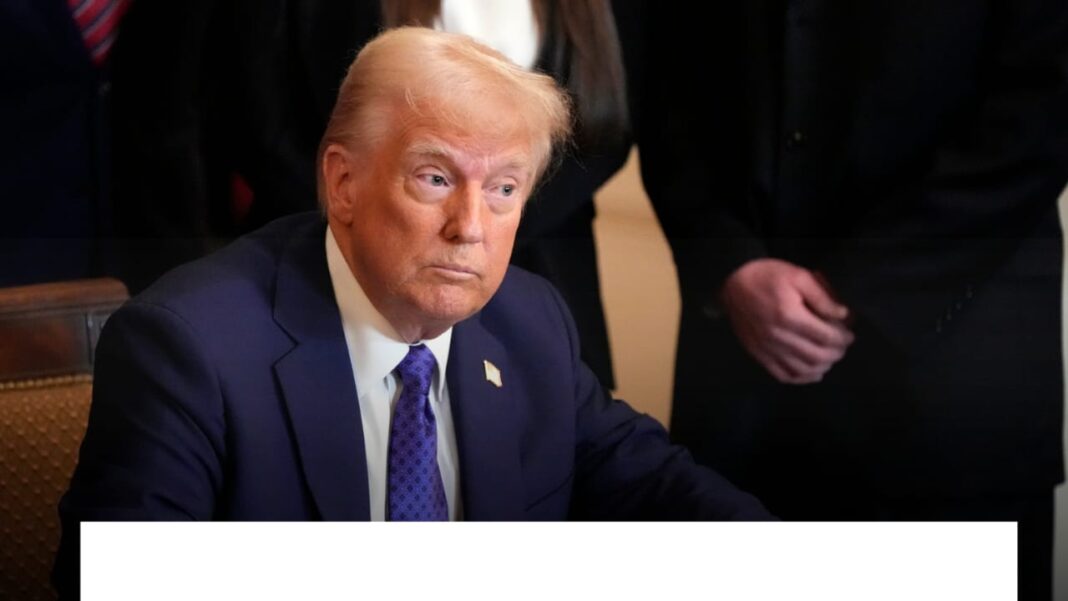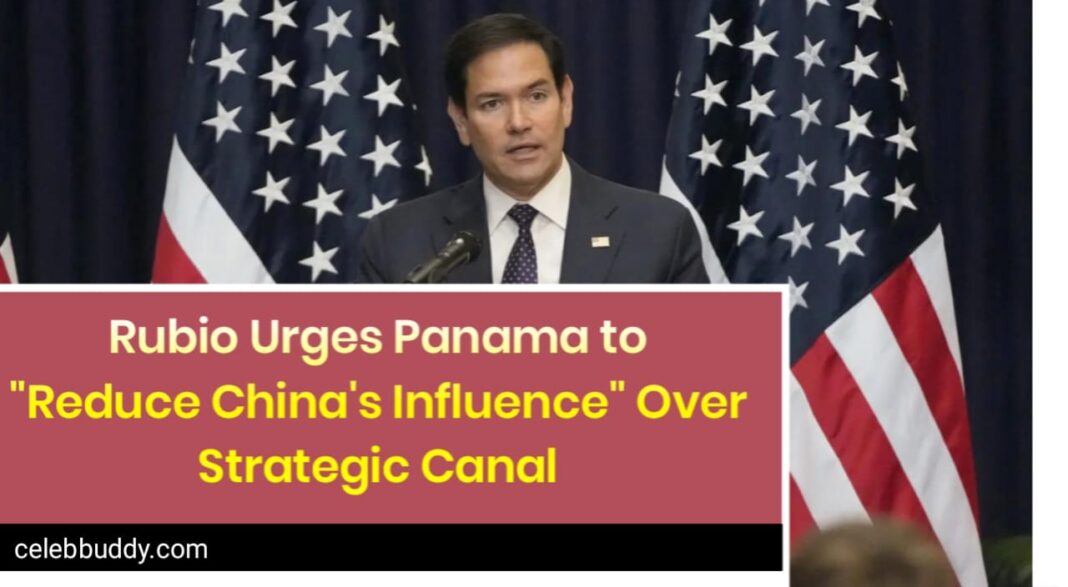Former U.S. President Donald Trump has announced that the United States will impose tariffs on European Union (EU) goods, signaling a potential escalation in trade tensions between Washington and Brussels. However, in an exclusive interview with BBC News , Trump expressed optimism about negotiating a trade deal with the United Kingdom, stating that a “deal could be worked out” to strengthen economic ties with one of America’s closest allies.
The announcement comes amid growing concerns over global trade dynamics and the impact of protectionist policies on international markets. While the proposed tariffs on EU goods are expected to affect industries ranging from agriculture to manufacturing, Trump’s remarks about the UK indicate a willingness to prioritize bilateral agreements with key allies.
A Strategic Shift Toward the UK?

Trump’s comments highlight a strategic pivot toward fostering stronger ties with post-Brexit Britain. With the UK seeking to establish itself as an independent trading nation outside the EU, a U.S.-UK trade agreement could provide a significant boost to both economies. According to a report by Reuters , British officials have long viewed a trade deal with the U.S. as a cornerstone of their post-EU economic strategy.
However, experts warn that negotiating such agreements often involves navigating complex regulatory landscapes. Issues like agricultural standards, environmental regulations, and labor protections could pose challenges during talks. Despite these hurdles, Trump’s remarks signal a clear intent to deepen economic cooperation with the UK.
Rising Tensions with the EU
Meanwhile, the imposition of tariffs on EU products is likely to exacerbate existing trade disputes. Economists caution that these measures could disrupt global supply chains and increase costs for businesses and consumers alike. In response, the EU may consider retaliatory tariffs, further straining transatlantic relations. A detailed analysis by CNBC highlights the potential ripple effects of these policies on international markets.
According to the Peterson Institute for International Economics (PIIE) , U.S. tariffs on EU goods could result in billions of dollars in economic losses annually. Similarly, retaliatory measures from the EU could harm American exporters, particularly in sectors like agriculture and technology.
Implications for Global Trade

The developments underscore the complexities of modern trade policy, where economic interests often intersect with geopolitical considerations. As the U.S. navigates its role in the global economy, stakeholders are closely monitoring how these decisions will shape international alliances and market stability.
For now, businesses and policymakers are left to grapple with the implications of Trump’s latest statements. Will the U.S. and UK forge a historic trade agreement? Or will rising tariffs spark a new wave of trade disputes? The answers to these questions will have far-reaching consequences for the global economic landscape



